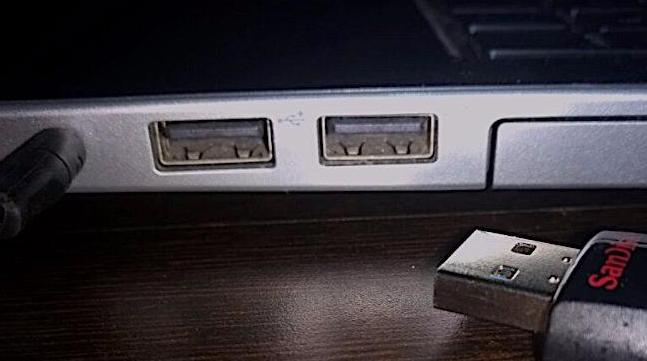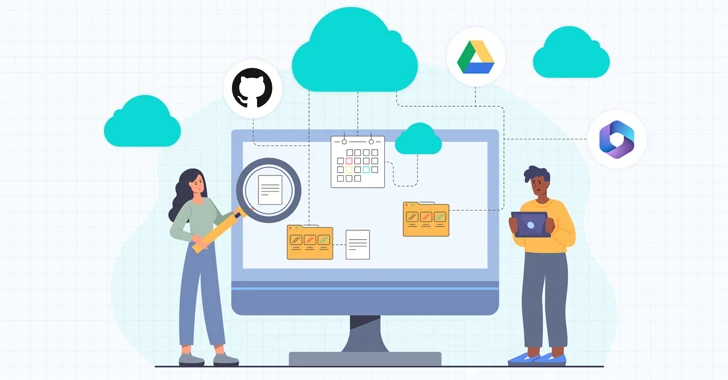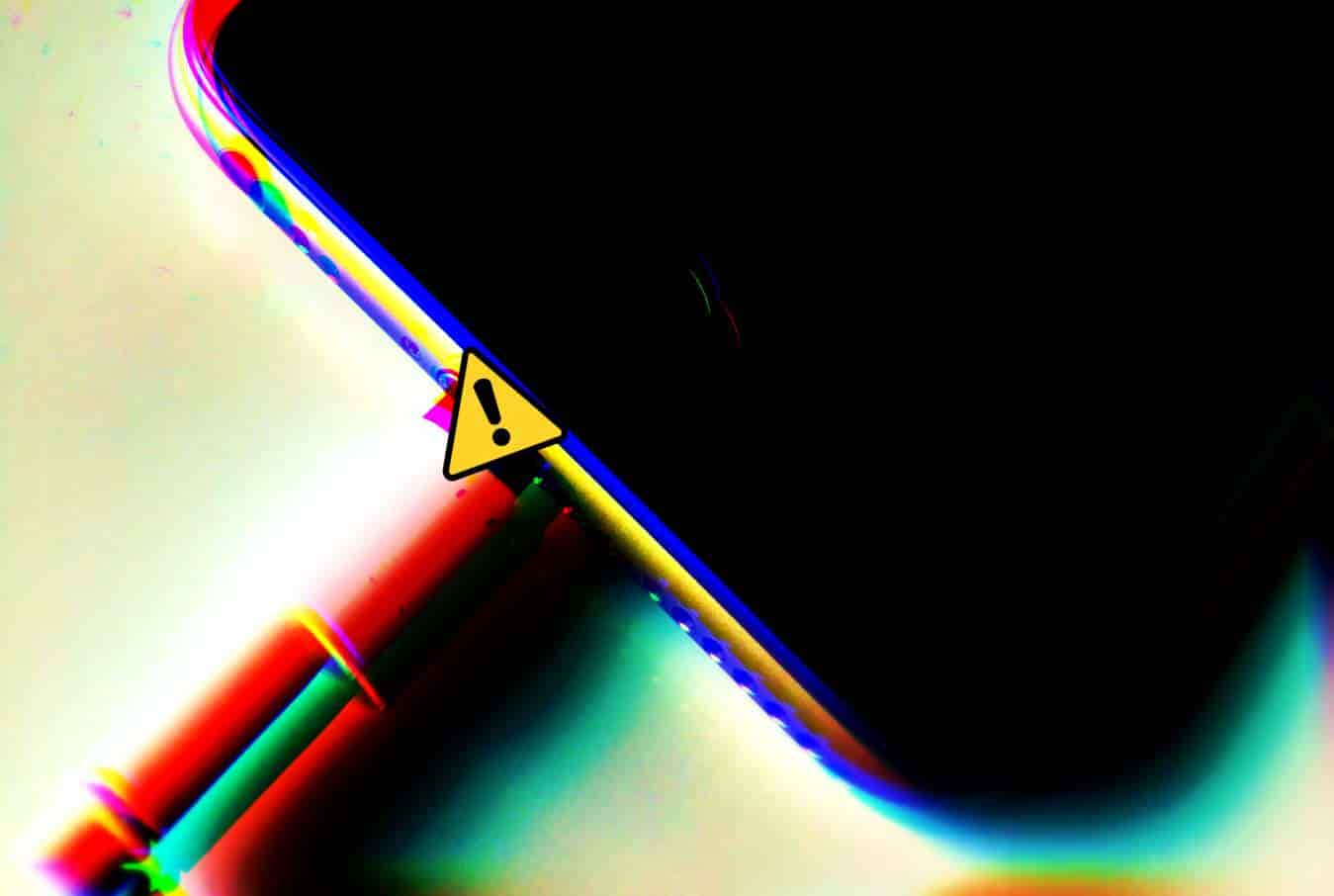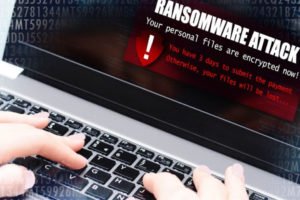Short Bytes: The USB ports on your laptop or desktop computer can be used to steal your sensitive information. According to a latest finding by the researchers at the University of Adelaide, a ‘safe’ port can leak data to a compromised USB device connected to an adjacent port. The researchers have advised the users to avoid connecting random and unsafe USB drives to their computer to stay safe from USB data leakage.
As their name suggests, USB connections are the most common communication interface being used by different devices. They come in different form factors and capabilities to make our lives easier. But, surprisingly, the same USB interface is vulnerable to information leakage.
According to an Australian research, your USB ports might be leaking personal information. The researchers at the University of Adelaide tested more than 50 computers and USB hubs to infer that about 90% of them were leaking information to an external USB device.
One can imagine different scenarios like USB-connected keyboards, fingerprint readers, card swipers, etc. Earlier, it was thought that information is just passed to the computer, and it’s protected from compromised devices. However, the research showed that if a compromised device is plugged into another USB port on same device or hub, it can be used to steal sensitive information.
The researchers say that one can understand the process with ‘channel-to-channel crosstalk leakage’ analogy of water pipes. This way, keystrokes with passwords and personal data can be stolen.
In the past, we’ve come across researches that indicate that if a USB stick is dropped somewhere, in 75% cases, they are picked up and plugged into a computer. This human behavior can be exploited to spread malware and steal data using USB data leakage. You can also read our article on “why you shouldn’t use a random USB drive?”
“The USB has been designed under the assumption that everything connected is under the control of the user and that everything is trusted – but we know that’s not the case,” Dr. Yuval Yarom, Research Associate with the University of Adelaide said. So, you are advised to avoid picking up random USB drives and connecting them to your PC.
Did you find this article on USB data leakage helpful? Don’t forget to share your views with us.
Bonus Video:










